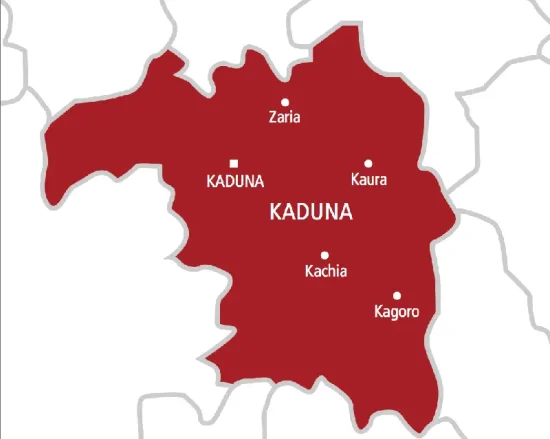The need for security has indeed been one of the most important needs of man since time immemorial. Security refers to protecting people, properties, and assets from various threats, risks, and vulnerabilities. It involves measures taken to prevent, detect, and respond to potential harm, danger, or loss.
By Bashir Rabe Mani
Security can be categorized into different types, including physical security, referring to protecting people and properties from physical harm or damage.
There is also cybersecurity, referring to the protection of computer systems, networks, and data from unauthorized access, use, disclosure, disruption, modification, or destruction.
The above is related to information security, meaning protecting sensitive information from unauthorized access, use, disclosure, modification, or destruction.
There is also personal security, implying protecting individuals from harm, harassment, or exploitation. Additionally, national security means protecting a country’s interests, citizens, and infrastructure from external threats.
Impliedly, effective security measures involve risk assessment and management, threat detection and prevention, incident response and recovery, access control and authentication, surveillance and monitoring, as well as training and awareness.
On the whole, the goal of security is to create a safe and secure environment that protects people, properties, and assets from harm, while also promoting trust, confidence, and stability.
Premised on the Nigerian Constitution, security is addressed in various sections, particularly:
They include Section 14(2)(b), which states: “The security and welfare of the people shall be the primary purpose of government.” This section emphasizes the importance of security as a fundamental responsibility of the government.
In the same vein, Section 217(1) states: “There shall be an armed force for the Federation which shall consist of an army, a navy, an air force.” This section establishes the armed forces as a key institution for national security.
Also, Section 218(1) provides: “The Federation shall establish a police force for the Federation.” This section establishes the Nigeria Police Force as a primary agency for maintaining internal security.
In a related development, Section 305 states: “Nothing in this Constitution shall preclude a House of Assembly from making laws relating to… public safety and public order.” This section empowers state governments to make laws related to public safety and order.
Also, Chapter IV provides: “Fundamental Rights” – various sections, such as Section 33 (right to life), Section 34 (right to dignity), and Section 35 (right to personal liberty), implicitly relate to security.
These provisions collectively underscore the importance of security in Nigeria’s constitutional framework.
However, it is instrumental to state that the provision of security across the globe is not the responsibility of the government alone, and Nigeria is never an exception. So, various groups, individuals, and corporate entities have been doing their best to complement the efforts of the government in the above.
It is also pertinent to note that the Federal Government, assisted by the other sub-nationals, has been working round the clock, investing humongous human and financial resources to fully secure the lives and property of Nigerians.
In the above direction, the top management of the Nigeria Police Force has been facilitating community policing. This is in the area of bolstering community policing which plays a vital role in maintaining law and order, building trust, and fostering a sense of safety and security within communities.
By working together, community policing can help to create safer, more cohesive communities where everyone feels valued, respected, and protected.
The Police Community Relations Committee (PCRC) in Nigeria is a vital organization that fosters cooperation between the Nigeria Police Force (NPF) and the community. Established to address the country’s high crime rate, the PCRC aims to secure lives and property, promoting a safer environment for all Nigerians.
PCRC works to establish trust between law enforcement and the community, encouraging cooperation and collaboration. By engaging with the community, PCRC helps identify potential crime hotspots and works to prevent crimes before they occur.
To achieve its objectives, PCRC employs community policing strategies, which involve collaborative efforts between law enforcement and community members to identify and address security concerns.
Overall, the PCRC plays a crucial role in promoting public safety, building trust, and fostering a positive relationship between law enforcement and the community in Nigeria.
It is extremely delightful that PCRC, Kaduna State chapter, is now more alive, vibrant, and composed of men of integrity, honour, commitment, patriotism, piety, and dedication.
There is therefore no surprise when the members of PCRC in Kaduna State and its national leadership reposed tremendous confidence in the new executives, with the elegant, indefatigable, and ever-dexterous man of his words and a man of the people at the helm of its affairs in the state.
The chapter was inaugurated a few weeks ago, and the handing-over and taking-over ceremony was successfully conducted last weekend in Kaduna, where the Police Community Relations Committee (PCRC) said it was fully committed to securing the lives and property of Nigerians. According to the committee, it will ensure this by strongly complementing the efforts of the Nigeria Police in diligently discharging its constitutional mandate.
Mani, a journalist, is based in Kaduna.


